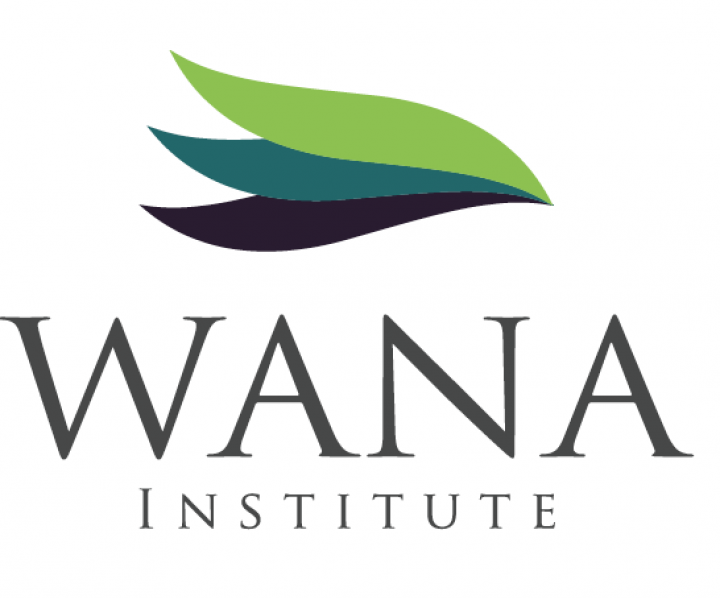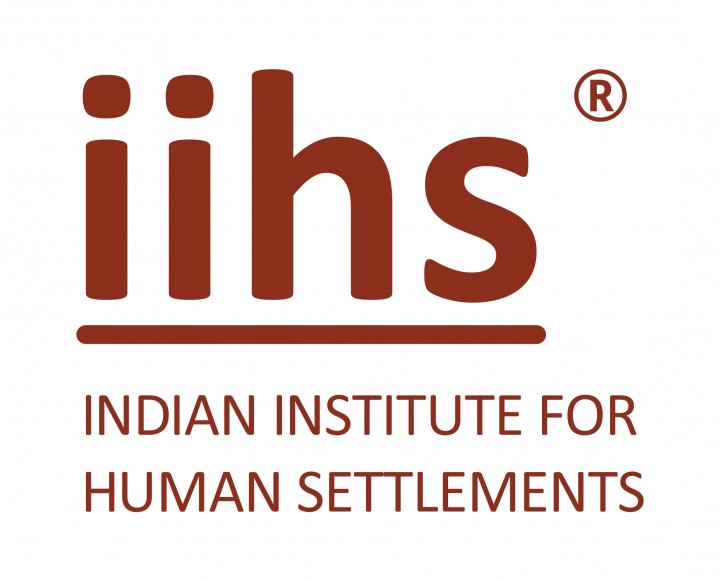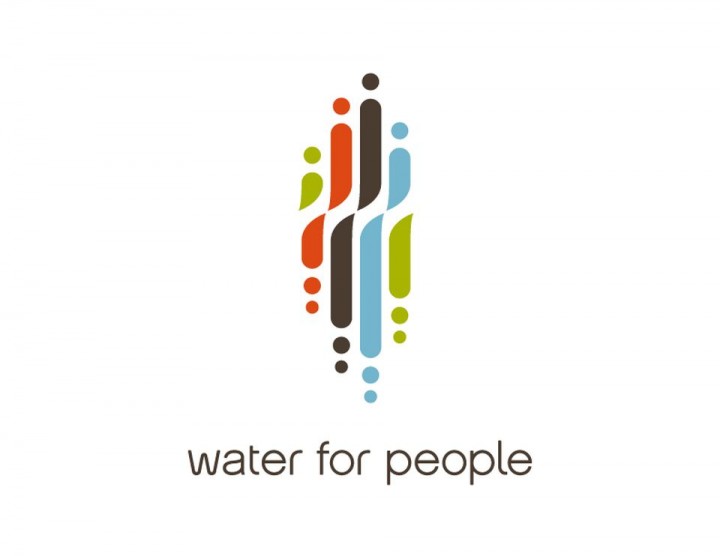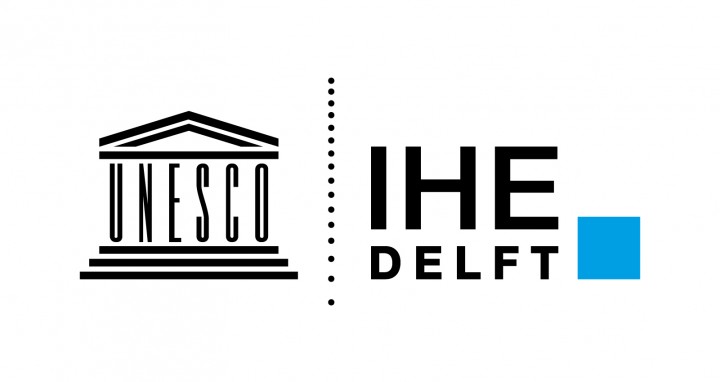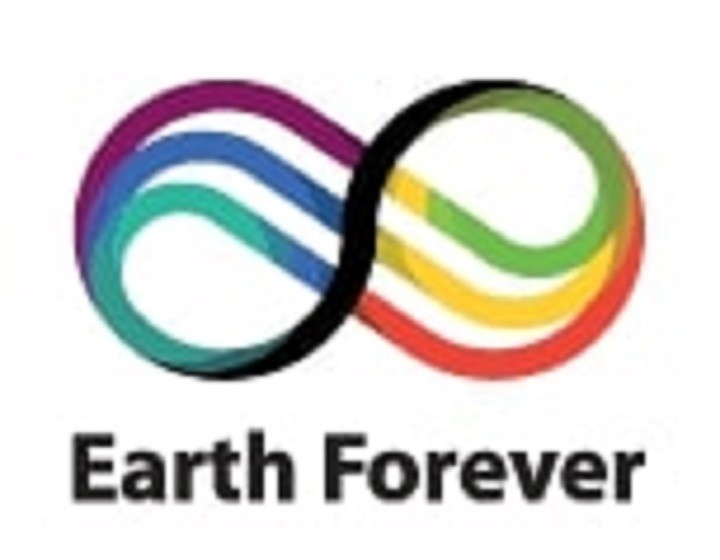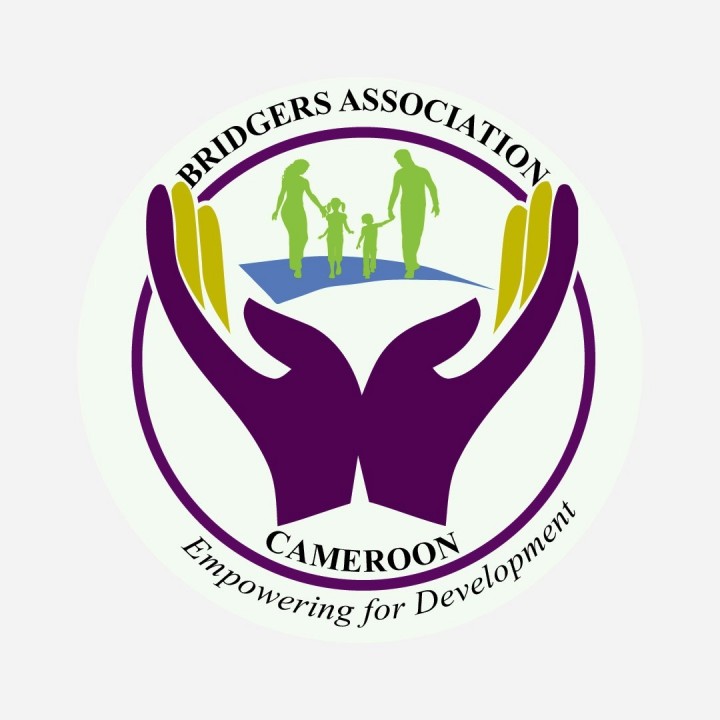TaWaSa.Net Tanzania Water and Sanitation Network
The Tanzania Water and Sanitation Network (TaWaSa.Net ) is a recently formed network of Tanzanian civil society organisations working in the water and sanitation sector. The network was officially launched by the Minister of Water and Irrigation, Professor Mark Mwandosya, during Maji Week 2008. TaWaSa.Net was formed in order to increasing sharing between civil society organisations, promote partnerships between civil society and other sector stakeholders, build the capacity of civil society in the water and sanitation sector, and to strengthen the voice of civil society in national policy debates. Vision: A Tanzanian society in which all citizens have equal access to safe water and improved sanitation. Mission: To strengthen the coordination, collaboration and networking of diverse Tanzanian civil society organizations with all other stakeholders to influence policy makers and […]
SaniWater Solutions
SaniWater Solutions is a joint partnership consulting firm providing services on contract and/or on commission basis in the area of environment, hygiene, Sanitation and Water. Our Vision: To be a lead organisation in providing solutions for ensuring safe water hygiene and sanitation (WASH) amenities for all sections of the society ensuring environmental sustainability. Our Mission: To promote synergy between private sector and civil society in finding appropriate solutions to the WASH challenges by introducing and supporting social ventures. Our Core Values: Our core values are based on the following four pillars. 1.Transparency and Business Integrity: We consciously strive for and ensure transparency in all commissions we undertake and put in place in our organisational systems, mechanisms, to ensure adherence to business integrity by all our staff and […]
WANA WANA Institute
The West Asia-North Africa (WANA) Institute is a non-profit policy think tank based in Amman, Jordan. Operating under the chairmanship of His Royal Highness Prince El Hassan bin Talal, the Institute works to promote a transition to evidence-based policy and programming to combat the development and humanitarian challenges facing West Asia and North Africa. The WANA Institute aspires to be a trusted source of knowledge, evidence and opinion, and to provide a forum for open debate for leading researchers and policy-makers in the region. We undertake research, host conferences and conduct training workshops in the areas of social justice, sustainable development and human security. We believe these three areas represent both the most pressing issues facing our region and the greatest opportunity for our work to create vital […]
TNU The Network University
The Network University facilitates innovative learning and capacity building for a global network of professionals, students, non-profit organizations, agencies and networks, specializing in creating e-tools for education and networking in the field of development.
MWA Millennium Water Alliance
MWA is a permanent coalition of WASH implementing NGOs, funded by the members and program grants from foundations, corporations and government, with a full-time staff headquartered in Washington DC . MWA members include: Aguayuda, CARE, Catholic Relief Services, El Porvenir, Food for the Hungry, Global Water, HELVETAS Swiss International Cooperation, IRC, Living Water International, Pure Water for the World, Water.org, WaterAid, Water4, Water For People, Water Mission, and World Vision.
TU Delft Delft University of Technology
TU Delft was founded in 1842 as the Royal Academy by King Willem II. It has been known as the Delft University of Technology (TU Delft) since 1986. TU Delft cooperates nowadays with many other educational and research institutions, both in the Netherlands and abroad. The high quality of the research and teaching is renowned. TU Delft has numerous contacts with governments, trade associations, consultancies, industry and small and medium-sized companies.
IIHS Indian Institute for Human Settlements
The IIHS provides advisory services to national and state governments, public, parastatal municipal agencies, international agencies and private firms in the broad area of human settlements and urbanisation, with a view to providing cutting edge and integrated solutions to some of India's emerging urban development challenges. It also serves on a number of national and state level government committees and policy fora. These engagements have considerably influenced policy process and implementation in sectors like water and sanitation, housing, climate change and land records, among others. Current IIHS practice on the environmental services focuses on a range of issues such as water supply, sanitation and integrated basic environmental services. Practitioners have also been exploring notions of common property and shared natural resources, environmental governance, issues of water […]
TU Tribhuvan University (Insitute of Engineering, Pulchowk Campus)
Set up in 1959, Tribhuvan University (TU) is a pioneering institution of higher education in Nepal. Named after the late King Tribhuvan, TU is situated in Kirtipur, a small ancient town located five kilometers away from downtown Kathmandu. Following the recent second democratic movement Prime Minister of Nepal has become the Chancellor of the University while Minister of Education is the Pro-Chancellor. Vice Chancellor is the principal executive of the university, who is assisted by Rector in academic programs and Registrar in financial management and general administration. Tribhuvan University, a non-profit autonomous institution, is financed mainly by the Government of Nepal. Objectives of Tribhuvan University: - To produce skilled manpower essential for the overall development of Nepal; - To preserve and develop historical and cultural heritage of […]
ttz Bremerhaven ttz Bremerhaven (Technology Transfer Centrum Bremerhaven)
ttz Bremerhaven is an innovative provider of research services and operates in the field of application-oriented research and development worldwide. Under the umbrella of ttz Bremerhaven, an international team of experts is working in the areas of food, environment and health. Founded in 1987, ttz Bremerhaven has experienced a process of continuous development and expansion: Today, they operate as an international team with some 100 experts from a variety of disciplines (food technologists and biotechnologists, ecotrophologists, environmental and process engineers, landscape planners, sanitation experts, etc.) in Bremerhaven, Germany.
Udyama
Udyama is a food security and sustainable rural livelihoods focused action and advocacy oriented organization primarily working in the state of Orissa. Founded in 1997 and registered as a society under Societies Registration Act, 1860,Click here to know about legal status. The organization aims to work towards strengthening food security and livelihoods through restoration and sustainable management of natural resources, capacity building of local communities to deal with and combating environmental hazards and through increased access to education and health services.
WFP Water For People
Water For People is a non-profit international development organization that helps people in developing countries improve their quality of life by supporting the development of locally sustainable drinking water resources, sanitation facilities, and health and hygiene education programs. Our vision is a world where all people have access to safe drinking water and adequate sanitation; a world where no one suffers or dies from a water- or sanitation-related disease. We believe that water and sanitation services should be reliable and permanent, so that districts and eventually entire nations never again need a development organization to address these challenges. We call this end state that we work towards Everyone Forever. What is "Everyone Forever?" EVERYONE means Water For People works to ensure that access to water reaches everyone--the […]
UT Umande Trust
Umande is a national trust, which believes that modest resources can significantly achieve water and sanitation goals in financial resources are strategically invested in support of community-managed program. Vision: To be the partner of choice in transforming water and sanitation services with urban communities.
IHE Delft Institute for Water Education
The IHE Delft Institute for Water Education, formerly UNESCO-IHE Institute for Water Education, was established in 2003. It carries out research, education and capacity building activities in the fields of water, environment and infrastructure. UNESCO-IHE continues the work that began in 1957 when IHE first offered a postgraduate diploma course in hydraulic engineering to practising professionals from developing countries. The current name has been used since April 2017 (https://www.un-ihe.org/news/new-name-and-logo-unveiled)
Earth Forever
Earth Forever is a non-profit non-political non-religious non-governmental organisation, registered in Bulgaria to work for sustainable development of communities. The organisation is specialized in sanitation and hygiene promotion, awareness raising, introduction of sustainable sanitation technologies through implementation of pilot projects in rural areas, schools, etc.
Bridgers Bridgers Association Cameroon
Bridgers Association Cameroon was founded in 2013 and registered in 2016 as a not for profit organization with mission to empower women/girls through advocacy. This is attainable through Bridgers programs such as WASH, Agriculture & Environmental Education, Human Rights & Citizenship, Women & Leadership. With a flexible and passionate team enthusiastic to achieve household and community water sanitation and hygiene projects at grassroots levels in Cameroon. Bridgers Association Cameroon is eager and looking forward to network with other partners and development agencies as well as organizations in other to bring positive impacts in the lives of less privilege people and communities. Bridgers team is passionate to end open defecation and provide communities with clean water through the rehabilitation of water catchments and water systems, raising awareness […]
UN-HABITAT United Nations Human Settlement Programme
The United Nations Human Settlements Programme, UN-HABITAT, is the United Nations agency for human settlements. It is mandated by the UN General Assembly to promote socially and environmentally sustainable towns and cities with the goal of providing adequate shelter for all.
Tearfund
Tearfund is a UK-based Christian relief and development agency working through a global network of churches to help eradicate poverty. Tearfund supports local partners in more than 50 developing countries and has operational programmes in response to specific disasters.
Gather Gather
Gather uses data intelligence to get toilets to those who need them.
UNICEF United Nations Childrens Fund
UNICEF is the driving force that helps build a world where the rights of every child are realized. They have the global authority to influence decision-makers, and the variety of partners at grassroots level to turn the most innovative ideas into reality. That makes them unique among world organizations, and unique among those working with the young. They believe that nurturing and caring for children are the cornerstones of human progress. UNICEF was created with this purpose in mind – to work with others to overcome the obstacles that poverty, violence, disease and discrimination place in a child’s path.
WMG Watershed Management Group
Watershed Management Group (WMG) develops community-based solutions to ensure the long-term prosperity of people and health of the environment. We provide people with the knowledge, skills, and resources for sustainable livelihoods.


